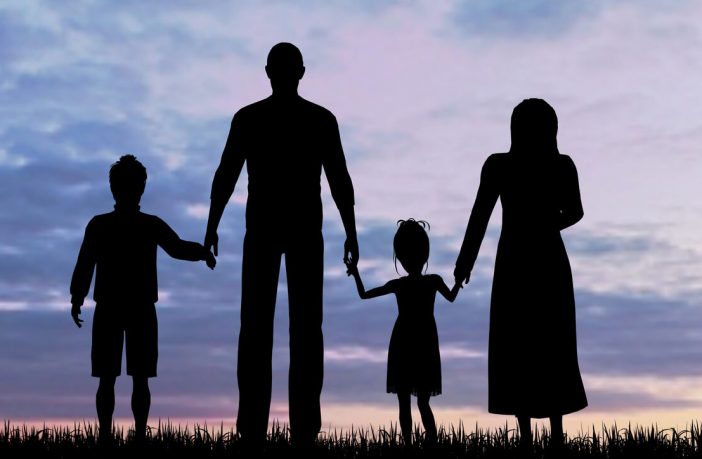The State Department’s announcement that the United States plans to cap refugee resettlement at 30,000 this year, was (predictably) characterized by administration critics as nothing short of cruelty. These knee-jerk responses are premised on two false assumptions: First, that if the Trump administration is doing it, it must be wrong. And second, that the only yardstick by which a nation’s humanitarian commitment to refugees can be measured is by how many are resettled within its borders.
There is much to criticize about Donald Trump, but it doesn’t follow that absolutely everything he says and does is wrong. And a true commitment to aiding the millions of people around the world in desperate situations does not require that they all be resettled in other countries. While the administration’s 30,000 cap on refugee admissions has drawn a lot of negative attention, other actions the United States is taking to aid and protect refugees around the world are being ignored.
While catching flak for reducing refugee admissions, the United States has been stepping up other relief efforts. One example has been increased aid for those who are caught up in what the U.N.’s World Food Program director David Beasley has described as “undeniably the world’s worst humanitarian crisis by far.” The crisis to which Beasley was referring is the brutal civil war in Yemen that has left 18 million of the country’s 22 million people hungry and homeless. Even the savagery in Syria pales in comparison.
The civil war in Yemen, which pits the Iranian-backed Houthis against the elected government of President Abdo Rabo Mansour Hadi, is largely flying under the radar. Even less attention is being paid to efforts by the neighboring United Arab Emirates, backed by $854 million in U.S. humanitarian aid over the past two years, to provide desperately needed relief to the millions of Yeminis caught up in the world’s worst humanitarian crisis. Moreover, the food, medicine, and other basic necessities are only part of the effort to save lives in a country where just delivering the aid can be perilous.
The situation in places like Yemen, Syria, and other undeniable humanitarian disasters pose larger questions that the United States and other developed nations need to reckon with. Even those who are critical of the current administration and laud the more expansive refugee admissions policies of the Obama administration, must recognize that even the 85,000 refugees admitted in 2016 was woefully inadequate to address the crisis in Yemen, much less the plight of 68.5 million people around the world who are displaced from their homes due to wars, famines, and other disasters. All indications are that the number of people in dire humanitarian need will only grow in coming years.
The difference between the 30,000 refugees the Trump administration plans to resettle this year and the 85,000 resettled in 2016, is hugely significant to the additional 55,000 souls who were granted admission to the United States – and that is a fact that no one can minimize. However, in the bigger picture, whether we resettle 30,000 refugees or 85,000 refugees a year, we are hardly making a dent. There would still be 68.4 million in crisis, and their numbers are growing each year.
The bleak facts indicate that we cannot resettle our way out of the worldwide refugee crisis. Nor can we simply ignore the massive humanitarian catastrophe that is upon us, even if our consciences would allow it. The real test of our resolve and our humanitarianism is not whether we resettle 4/100ths of 1 percent of the world’s refugees or 12/100ths of 1 percent of the world’s refugees.
The challenge for the United States and other nations with a true commitment to human dignity is not just how effectively we take care of the needs of the world’s burgeoning refugee population, but how effectively we work to prevent these situations. Whether it is through resettlement, the delivery of humanitarian relief, or providing protection to those in harm’s way, we are still just treating the symptoms. We must also use our collective economic, diplomatic, and (where need be) military might to hold those who are responsible for humanitarian crises accountable for their actions.





1 Comment
Pingback: When Is a Safe Haven NOT Safe? Ilhan Omar’s Dangerous Stance